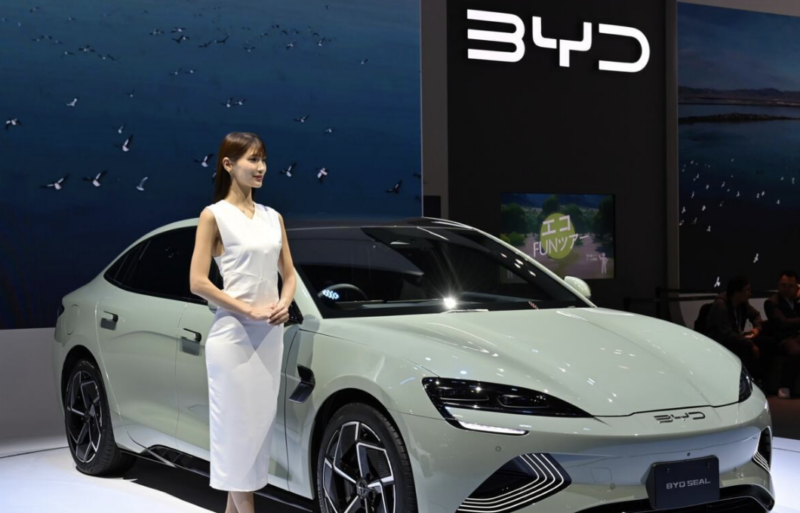The Chinese electric vehicle titan is breaking ground in Hungary with a massive €4 billion factory in Szeged, poised to reshape the region’s industrial landscape and inject serious horsepower into the local economy.
Set to churn out 200,000 vehicles a year starting in late 2025 — with room to scale up to 350,000 — the plant isn’t just a game-changer for Hungary, it’s BYD’s statement to the rest of Europe: we’re not just knocking at the door, we’re moving in.
But wait, there’s more. BYD won’t stop at battery-electric models — they’re also rolling out plug-in hybrids from the Hungarian facility, targeting EU and UK drivers who’ve already helped catapult the company into the global EV pole position.
The move isn’t just strategic — it’s survival. With stiff tariffs (17% in the EU and even higher in the U.S.), BYD’s pivot to building locally is a clever workaround. Factories in Hungary and soon Turkey — with whispers of a third in the works — show just how serious BYD is about locking down the European market.
And they’ve got a powerhouse behind the wheel: Stella Li, BYD’s global executive VP. Forbes crowned her China’s most influential woman, and Time hailed her as one of the planet’s top climate-focused business leaders. From reshaping South America’s bus fleets to making BYD a U.S. leader in electric commercial vehicles, she’s been the spark behind much of the company’s global growth.
The Hungarian government had to work for it — and how. Over 224 rounds of negotiation later, BYD chose Szeged for its first European production hub. And it’s no ordinary deal: This marks the largest foreign investment in Hungary’s economic history.
With an average salary between €1,800 and €2,000 per month, the 10,000 new jobs the plant promises are nothing to sneeze at. Analysts expect it to nudge Hungary’s GDP upwards, especially in tandem with BMW’s new factory in Debrecen.
Still, it’s not all smooth sailing. The European Commission has launched an anti-subsidy investigation into BYD’s Hungarian expansion, aiming to uncover whether government support for the factory crossed the line into unfair advantage territory.
But that hasn’t slowed the momentum. Chinese firms have led Hungary’s foreign investment charts in 2020, 2023, and now 2024 — and with 54 high-tech projects under their belts in the past decade, they’ve created over 30,000 jobs and poured HUF 7 trillion into the economy.
So, while Brussels raises eyebrows, BYD’s message is crystal clear: they’re not just exporting cars — they’re exporting an empire. And Hungary just became ground zero.




